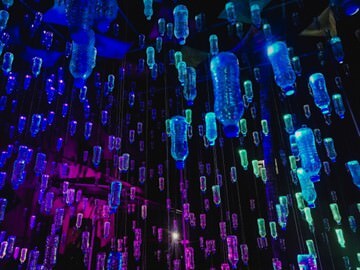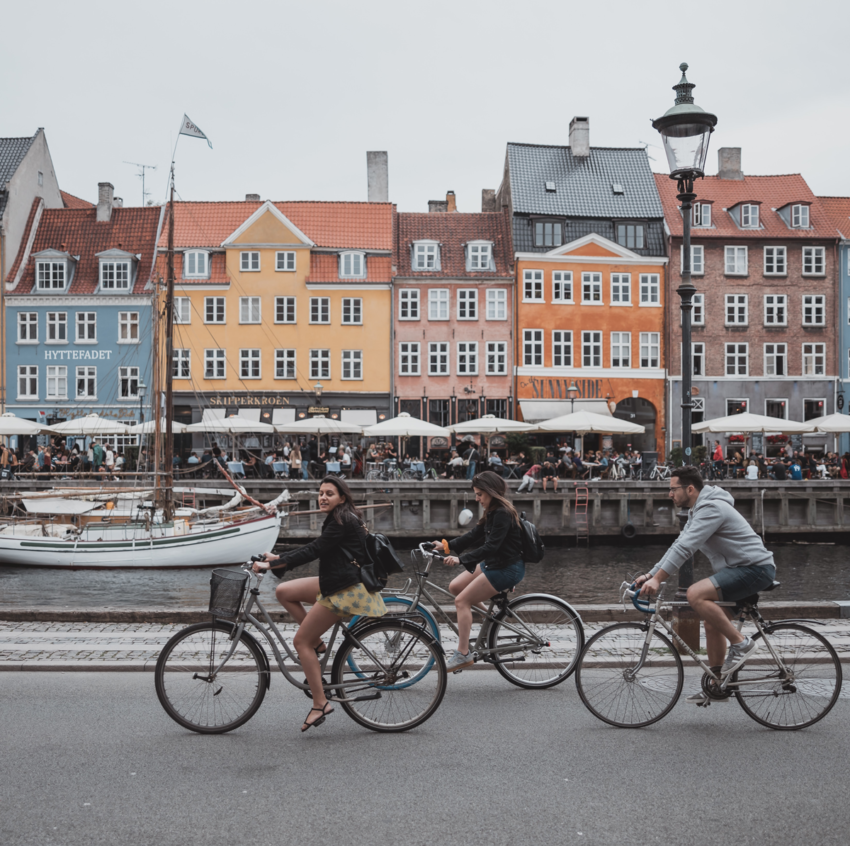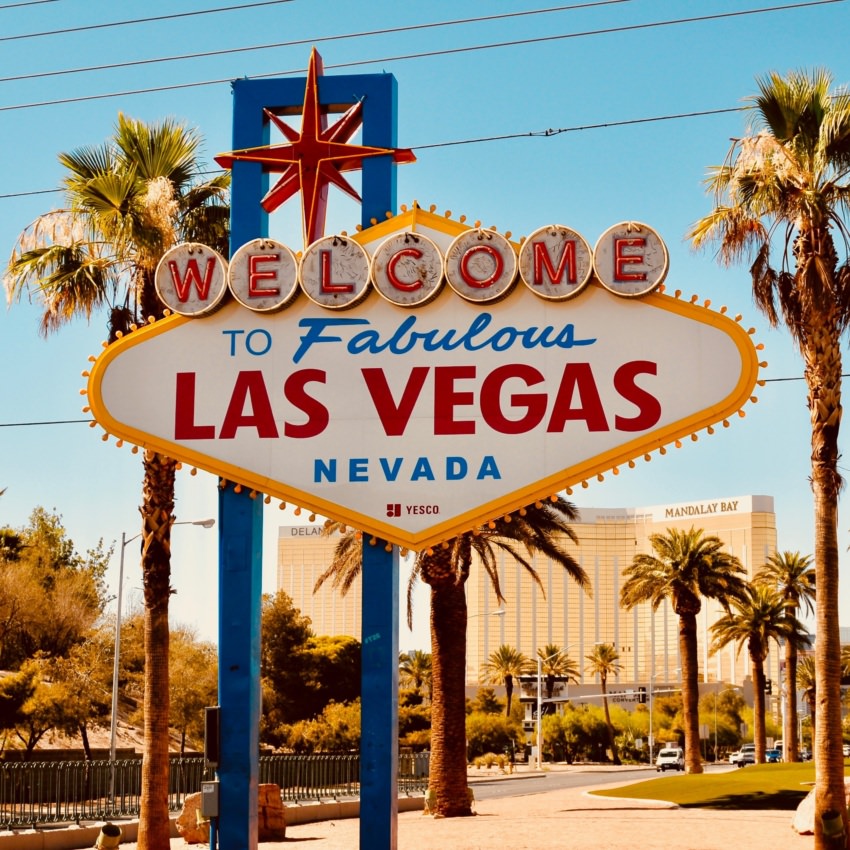How Loop can inspire the meeting and events industry to embrace a circular economy
The 2021 IPCC report demonstrates a clear link between climate change and human activity.
According to Professor Ed Hawkins, “We cannot be any more certain. It is unequivocal and indisputable that humans are warming the planet.”
77% of exhibitors and 65% of visitors believe event companies should improve the tradeshow industry's environmental impact.
The message is clear. But where do we start? Looking beyond the events industry, we’ve been inspired by Loop, the zero-waste retail platform.
What is Loop?

Loop is a global service. They offer a household collection of empty or used product packaging for refilling, reuse, or recycling. They offer over 170 products such as Häagen-Daz’s ice cream and Tropicana orange juice. All in durable glass and aluminum tubs designed to be returned, cleaned and refilled. Nestlé, Procter & Gamble, Unilever, PepsiCo, Coca-Cola, and Danone are just some of the 50 brands that are partners in the initiative.
“Loop is a reboot of the milkman”, Tom Szaky, CEO of TerraCycle
See the Loop in-store experience come to life in this video...
Why reuse over recycle?
According to Loop’s website, “We buy 70 times more stuff than we did in the 1950s. 99% of which becomes waste within the first 12 months of purchase”.
Reusing an object saves time, energy, and resources. This in turn does away with the need for waste disposal or recycling. Consider the amount of water and soft drink bottles that are consumed during an event. Or the quantity of plastic bottles that are used to store cleaning chemicals in a hotel, venue, or restaurant.

Loop conducted a life-cycle analysis and compared their products to regular consumption levels. Their system becomes as environmentally friendly as traditional supply chains after just three cycles. By the tenth use cycle, Loop claims that its system has nearly 20% lower environmental impact. They also claim that their system has 35% less environmental impact compared to regular e-commerce.
Next time you’re planning an event, consider asking your suppliers about closed-loop systems in the event supply chain. You never know what solutions (big or small) might be hiding right under your nose!




